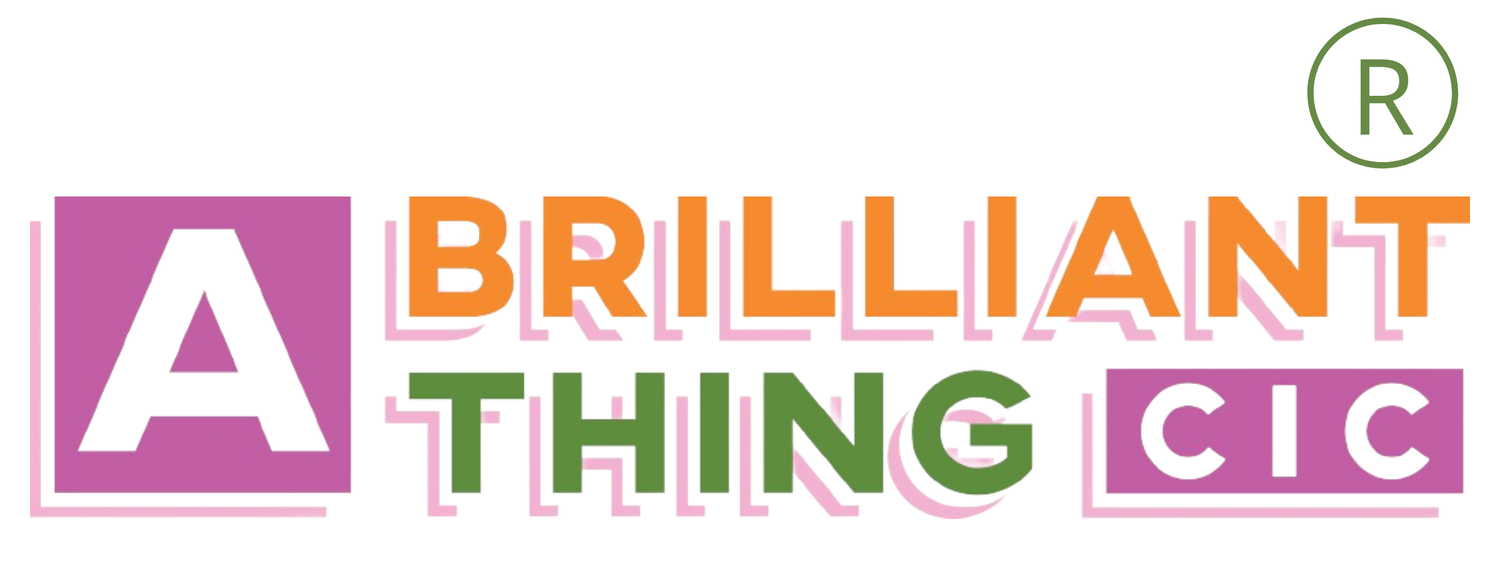Micro-coach Experiment
I set myself a challenge to try out creative coaching approaches, in 15minute online calls, with people I have never spoken to before. I wanted to see if with these restrictions, a meaningful conversation would take place. What types of issues would people bring to a short format conversation?
My micro-coach experiments were inspired by Design Thinking and Test to Learn approaches.
Design Thinking is a practice, that helps find solutions to problems, by examining, understanding and empathising through multiple perspectives. It is a creative process that encourages innovation. One of the key activities within the design thinking process is testing.
‘Test to Learn’ is an approach used widely within health and social care and business leadership. The concept is simple, organise low risk and low cost experiments to provide evidence, find the right solutions quicker and engage people around solution finding.
Reaching out on LinkedIn, I started with a 15minute conversation with an advertising professional (based in Botswana!). In our short conversation, we explored creativity at work and discovered connections between her work style and how her young nephew engages in creative play. She identified her need for both the pressure of a provocation and the freedom of unstructured time to boost her creativity at work.
After the first few conversations with people, I wanted see if I could bring a creative exercise into the 15 minute conversation. I chose ‘Discovery Map Making’, an exercise I have found useful as a self-coaching tool and that I know has been beneficial in a ‘workshop’ setting. I posted a photo of a ‘map’ I had made on twitter, along with the invitation for a micro-coach conversation.
The short timeframe focused these conversations, one participant launched into explaining the imagery she would use on her own map and told me about the path she would take across her map. We spent the remainder of the session exploring ways she could clear the path. Another participant described a recent event at work, how it had been successful and the potential ways it could be improved, using imagery of mountains, volcanos and hillocks to think through the challenge.
In Design Thinking, testing, prototyping (an early sample or model of a product built to test a concept or process) and ideating form a cycle of improvement often looping back to understanding and defining the challenge. The Micro-coach sessions had provided good evidence and understanding of how I could adapt my approach to a short format and the types of conversations this format would achieve.
Several of the micro-coach participants were keen to take part in a workshop to explore their ideas further and get involved in the next prototyping stage. I have organised a longer format, low cost ‘‘Creativity Lab’ session to test how meaningful a creative coaching group session can be online, this will be open to a small group of 8 participants who want to make brilliant things!
Book a place on the Creativity Lab - Tuesday 8th June ‘21 | 11-12noon | £5.00
Read the Discovery Map-making Guide

